Domestic developers look for financial alternatives

Steven Chu Chee Kwang, CEO of Nam Long Corp, a company that specialises in raising financing from foreign partners, said that Vietnam’s capital market must be better developed in order to support the country’s economic development, especially that of the real estate sector, which normally needs to have medium- to-long-term financing.
According to Chu, most financing still relies on the banking system, and fund-raising via the stock market is not significant.
Moreover, if the State Bank’s draft to replace Decree 36 on credit tightening is approved, it could have a detrimental effect on the real estate sector, increasing the risk index to 150-250 per cent, and might cause the maximum ratio of short-term funds used for medium- and long-term loans to drop from 60 to 40 per cent.
“The government needs to facilitate foreign investment into the real estate market by increasing access to the land bank without the burden of complex land clearance issues. It also needs to address concerns over quality speculation and state property policies,” Chu suggested.
Vo Sy Nhan, general director of real estate fund Gaw NP Capital, said that the financial arrangement for projects was the primary factor which every developer must be aware of.
“Vietnamese developers must research and investigate how to raise funds and diversify financial resources for their projects, instead of depending mostly on bank loans and the mobilisation of buyers,” Nhan said at the Ho Chi Minh City conference on finding financial resouces for the real estate market on March 9.
Financial flows to the projects would be strongly impacted by banking policy changes, Nhan said, adding that 80-90 per cent of current developers were depending on bank loans.
In Vietnam, real estate projects are now depending on three main sources: buyers, IPOs of developers, and calling on other investors to join the investment.
However, Nhan said that as a source IPOs were largely dependent upon the prestige and transparency of developers, while outside sources remain comparatively small.
“Domestic developers are less advanced because they have restricted access to foreign financial resources, which are abundant elsewhere in the world. Clearly, the most important thing is to find suitable resources for their own projects,” Nhan said.
Nhan suggested that developers should source capital reserve funds of governments, or from large-scale international financial institutions.
He added that one of the major disadvantages for projects here was that they are typically implemented over many years, while the majority of fund managers were only looking for short term investments. “They jump in and out very fast,” Nhan said.
Su Ngoc Khuong, investment director from Savills Vietnam, agreed with Nhan, noting that instead of using bank loans and buyer credit, many developers were diversifying their financial resources by co-operating with foreign investment funds to share experience as well as financing costs.
“The range of mergers and acquisitions in the Vietnamese real estate market has proved this trend,” Khuong said.
The real estate business is the most capital intensive investment—up to billions of US dollars over a long term period—therefore, developers must have a long-term financial plan in order to develop sustainably, Khuong said.
The experts also mentioned a type of fund raising which has recently been initiated in Vietnam for real estate projects—the Real Estate Investment Trust (REITS).
What the stars mean:
★ Poor ★ ★ Promising ★★★ Good ★★★★ Very good ★★★★★ Exceptional
Latest News
More News
- Nation urged to build on eco-IP model (April 16, 2024 | 10:22)
- Domestic steel demand expected to rebound amid warming real estate market (April 12, 2024 | 10:31)
- Implementation of new land laws must benefit investors (April 10, 2024 | 09:17)
- Apartment hikes hint at speculation return (April 09, 2024 | 10:14)
- Infrastructure focus sets stage for real estate bonanza (April 03, 2024 | 10:14)
- Nam Long Group maintains top ten position in real estate investment ranking (April 03, 2024 | 08:00)
- Hospitality and real estate sectors strive for sustainable growth (March 29, 2024 | 16:12)
- Gamuda Land starts construction of Eaton Park (March 28, 2024 | 16:40)
- New land law could entice Viet Kieu home (March 27, 2024 | 18:00)
- Binh Duong to capitalise on rising real estate interest (March 27, 2024 | 15:41)



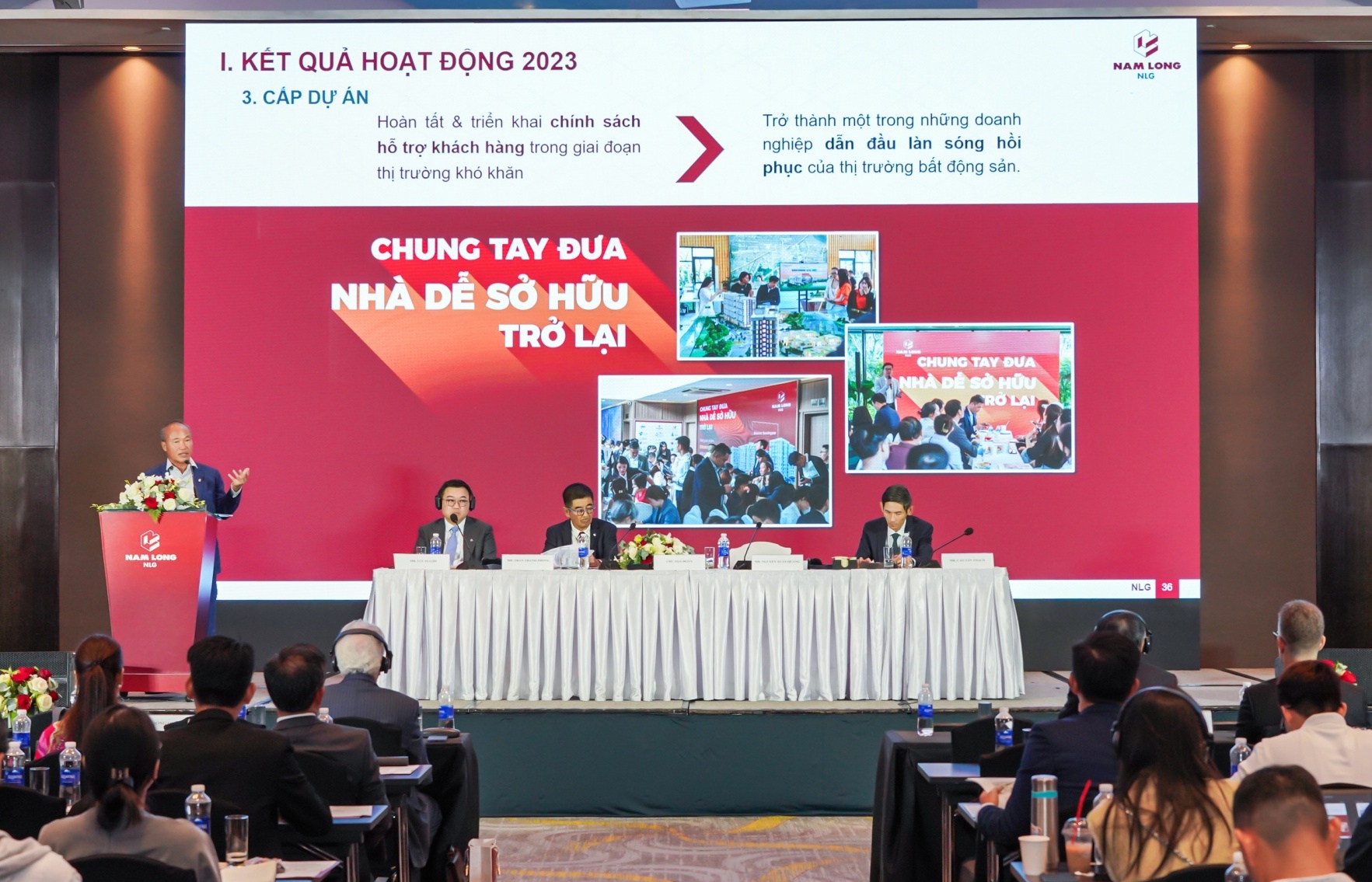
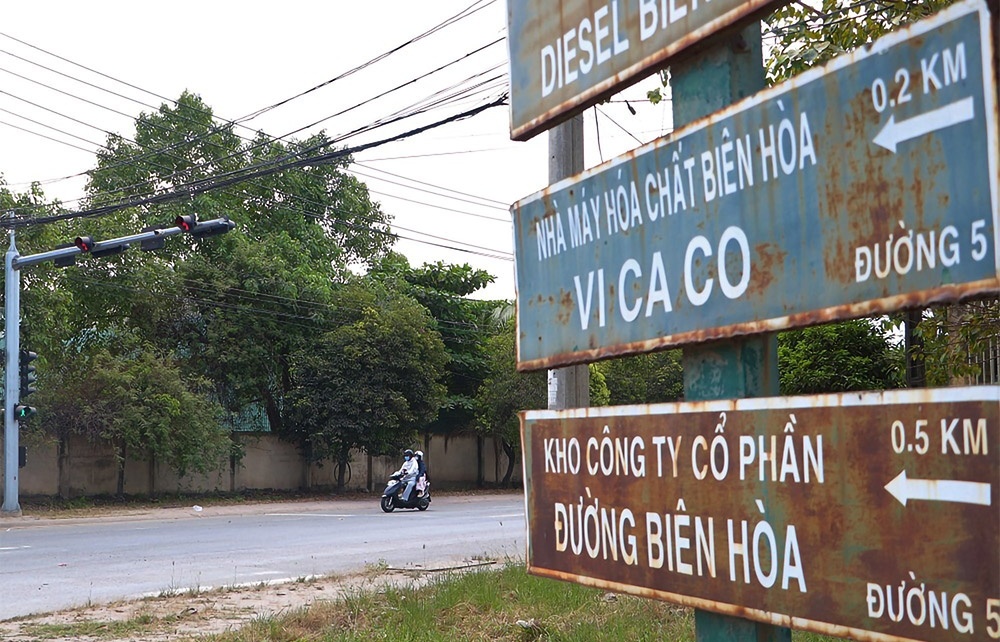
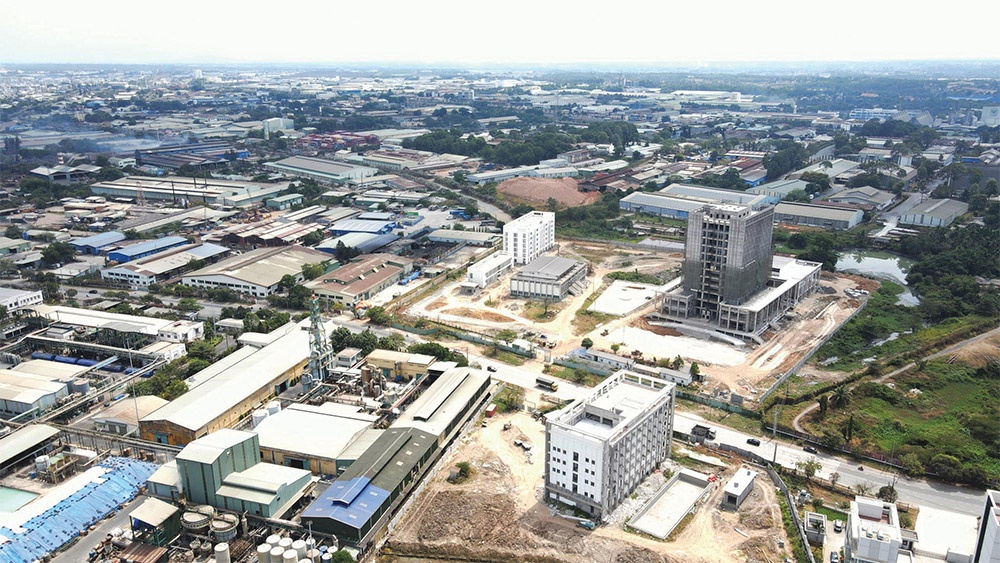




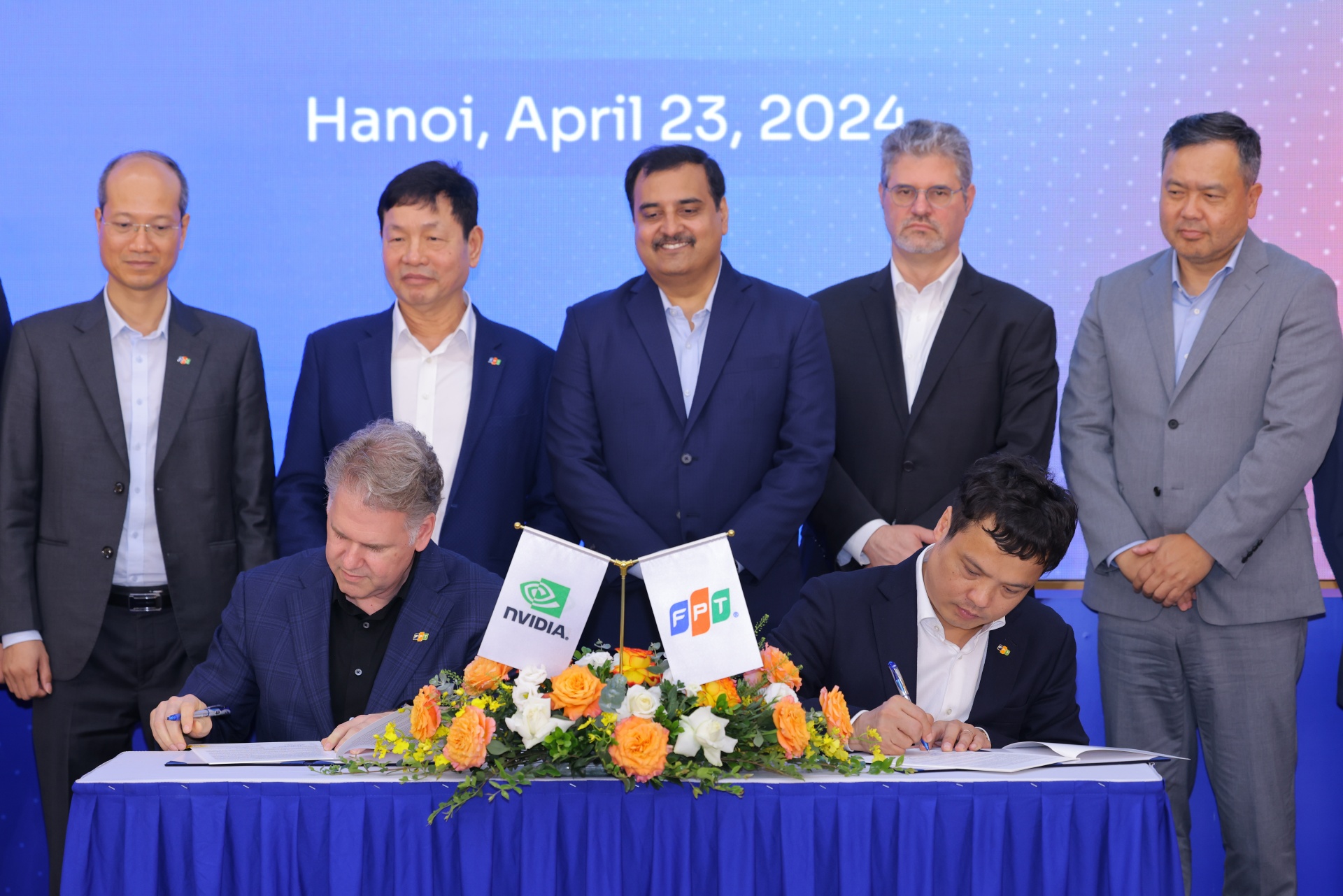
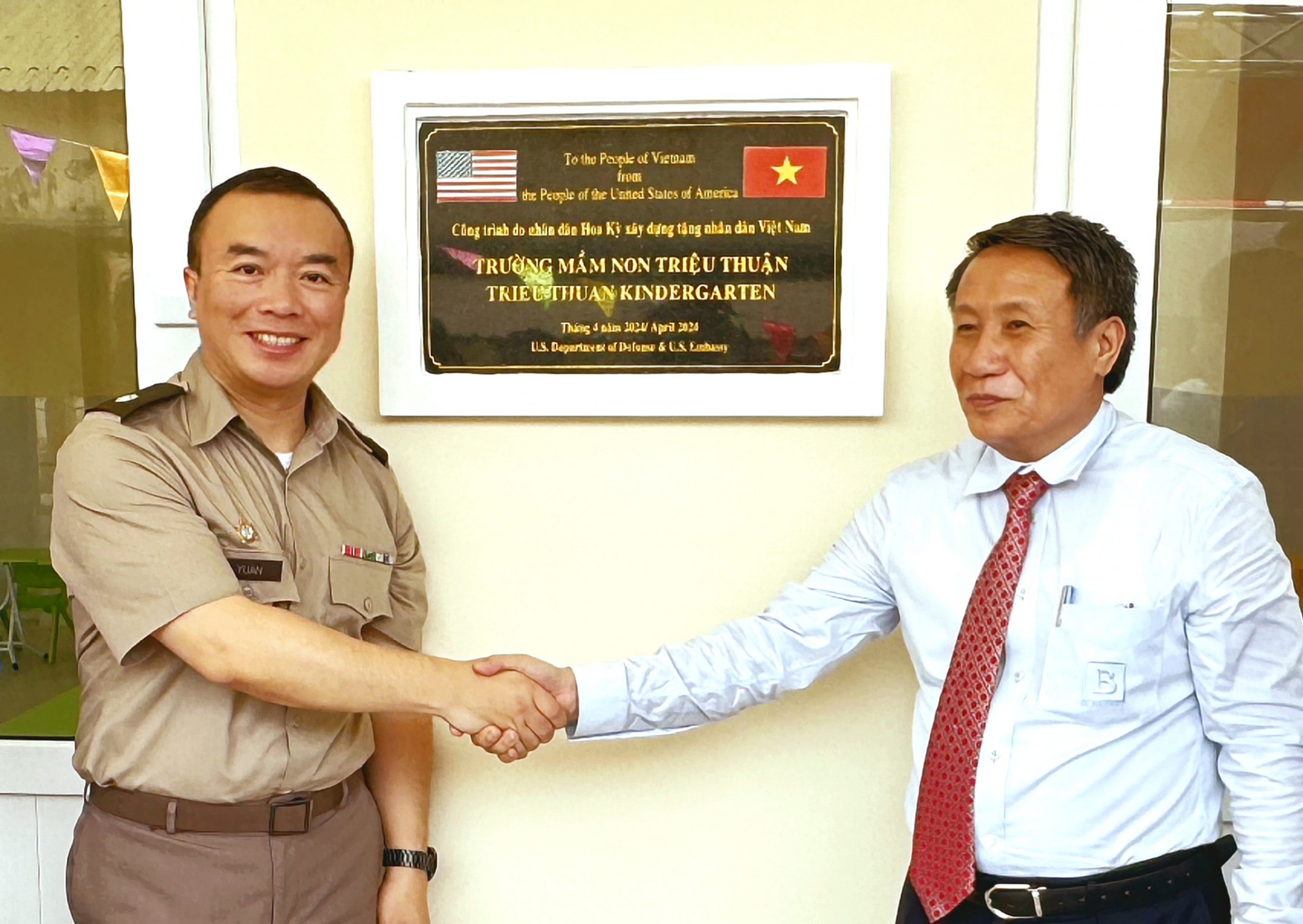
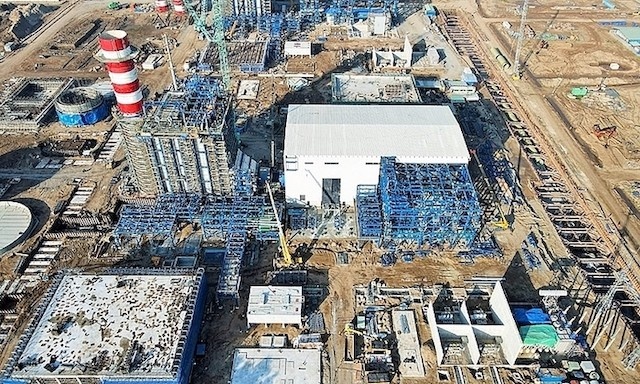




 Mobile Version
Mobile Version